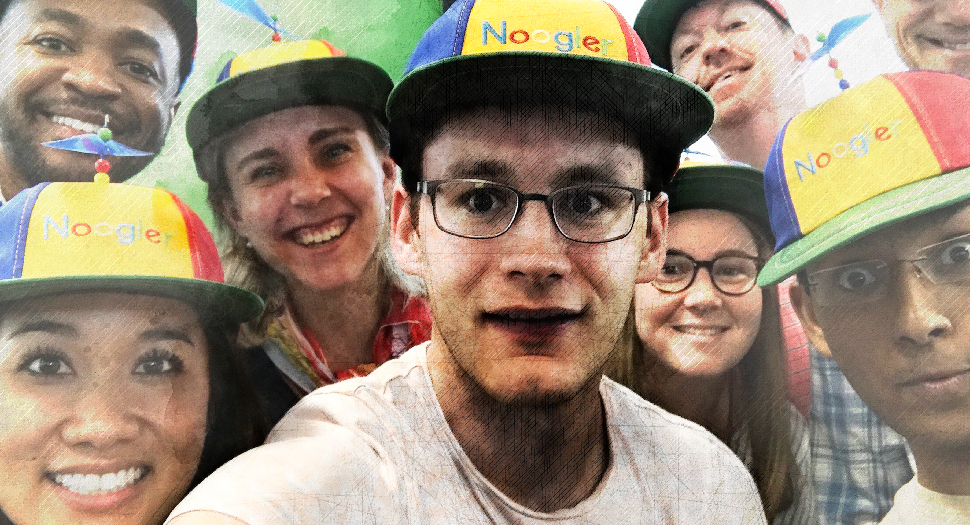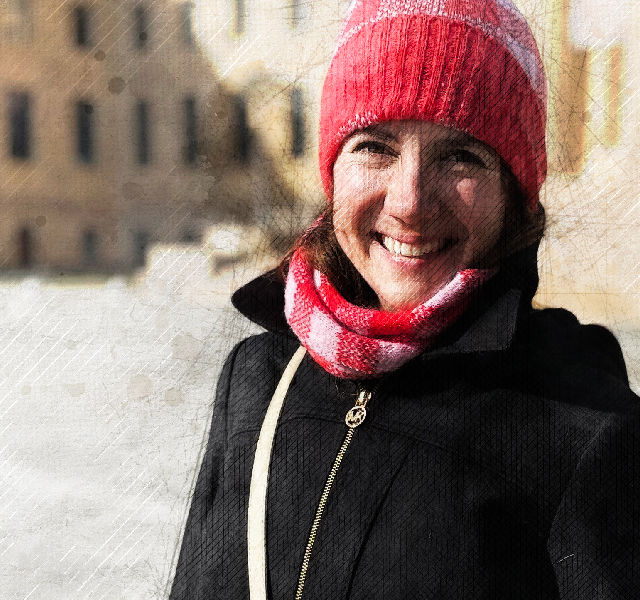Joseph Belangia (’14)

Chicago, Ill.
There are two threads woven through Joseph Belangia’s (’14) life: science and humanity.
Belangia, a native of Archdale, North Carolina, has phenylketonuria, a genetic disorder that required him to spend a lot of time in hospitals as a kid. He visited a genetic counselor often and understands firsthand how these professionals are able to help children live normal lives despite symptoms and circumstances outside their control. Thinking he wanted to be a genetic counselor himself, he studied biology and psychology at Wake Forest — a combination of science and human understanding.
The Magnolia Scholar also volunteered as much as he was in the classroom. If there was a need, he was there to fill it. He was a member of Alpha Phi Omega, a national co-ed service fraternity; he shaved his head for St. Baldrick’s Foundation for childhood cancer research; he chopped firewood for families in need; he served in soup kitchens and pet shelters; and he spent his college breaks with Wake Alternative Break.
“My parents taught me to be humble and to acknowledge that you don’t know what other folks are going through,” he explained. “So, the best thing you can do is help and lend a hand of support.”
Outside the classroom and his widespread volunteerism, he also worked at the Bridge repairing computers and troubleshooting for students, faculty and staff. He liked the early morning shift, just as people were getting into their days.
“I like helping people,” he said, “and I understand that computer difficulties come at the worst time. So, I’m not working with people at their best, but being able to calm people down and work through their challenges meant a lot to me.”
After he graduated — and became the first one in his family to ever do so — he stayed on another year as a Wake Forest Fellow in the Information Technology department. In 2015, part of his work was to help figure out how Wake Forest could be at the forefront of technology in higher education — everything from better online access to courses to more uniformity in types of offerings across disciplines. (Five years later, the pandemic prompted some of his work to be put into action.)
Belangia’s next step sent him to Boston where he took a job with Fisku, an ad tech startup company. It was nearly the exact opposite kind of environment than higher education.
“Higher ed moves very slowly because there is a lot at stake,” Belangia explained. “Startups are the opposite. You move quickly, you break things and you fix them. I wanted that kind of environment because I hadn’t had that experience yet. I had no experience in the advertising space, but effectively, I was an insights analyst. I was pulling reports and doing data analysis and delivering insights to those who would make decisions. The analytical skills that I gained through my science education transferred over well.”
And then one day, his phone rang. It was Google. They were calling to offer him a job. He moved from Boston to San Francisco to become a consultant for small and medium businesses — making sure that they were able to reach their customers when they launched a new product. He traveled the West Coast visiting his customers and helping them work through their challenges. A few years later, he switched teams, moving from a consultant role to a position as a global product incubation lead.
“Our entire responsibility is incubating new products,” he said. “Before Google launches a product, I work with product managers, engineers and other strategy teams to make sure the product is truly customer focused so that when a customer tries the product for the first time, they’re not met with a bunch of questions.”
He often gets asked how he got the job at Google and how others can prepare to get a similar offer.
“I would have been less successful if I had only taken prescriptive steps to land a job,” he said. “I don’t think I would have struggled; I don’t think I would’ve attempted things and failed; I don’t think I would have learned things I don’t like; I don’t think I would learn what I like and what I’m good at. Developing myself as a person wasn’t linear, but it made me more attractive to companies.
“Wake Forest teaches core competencies across any discipline. You’re learning how to work with people, how to convey concepts, how to analyze data. These core competencies are what make you appealing.”
And those two threads — science and humanity — aren’t just converging in his career path. He still works for Google, but recently moved to Chicago, and he’s approaching his community engagement with that combination as well. He does charity streams on Twitch.
“It’s called the Kindness Collective,” he explained. “It’s a team of like-minded individuals who all strive toward the common goal to bring positivity and kindness to the gaming community. We’re working on a few initiatives for charities, and it’s building a community and benefiting some pretty good causes. The best part is how approachable it is; it’s opening up philanthropy to a whole different group of people.”
Joseph Belangia received the Magnolia Scholarship for first-generation college students.

Sarah Hoyle (’16)
“Child welfare is complicated. Figuring out how a large organization can protect kids at a small level — within a home. It’s one of the most challenging things I’ve ever had to work on.”
